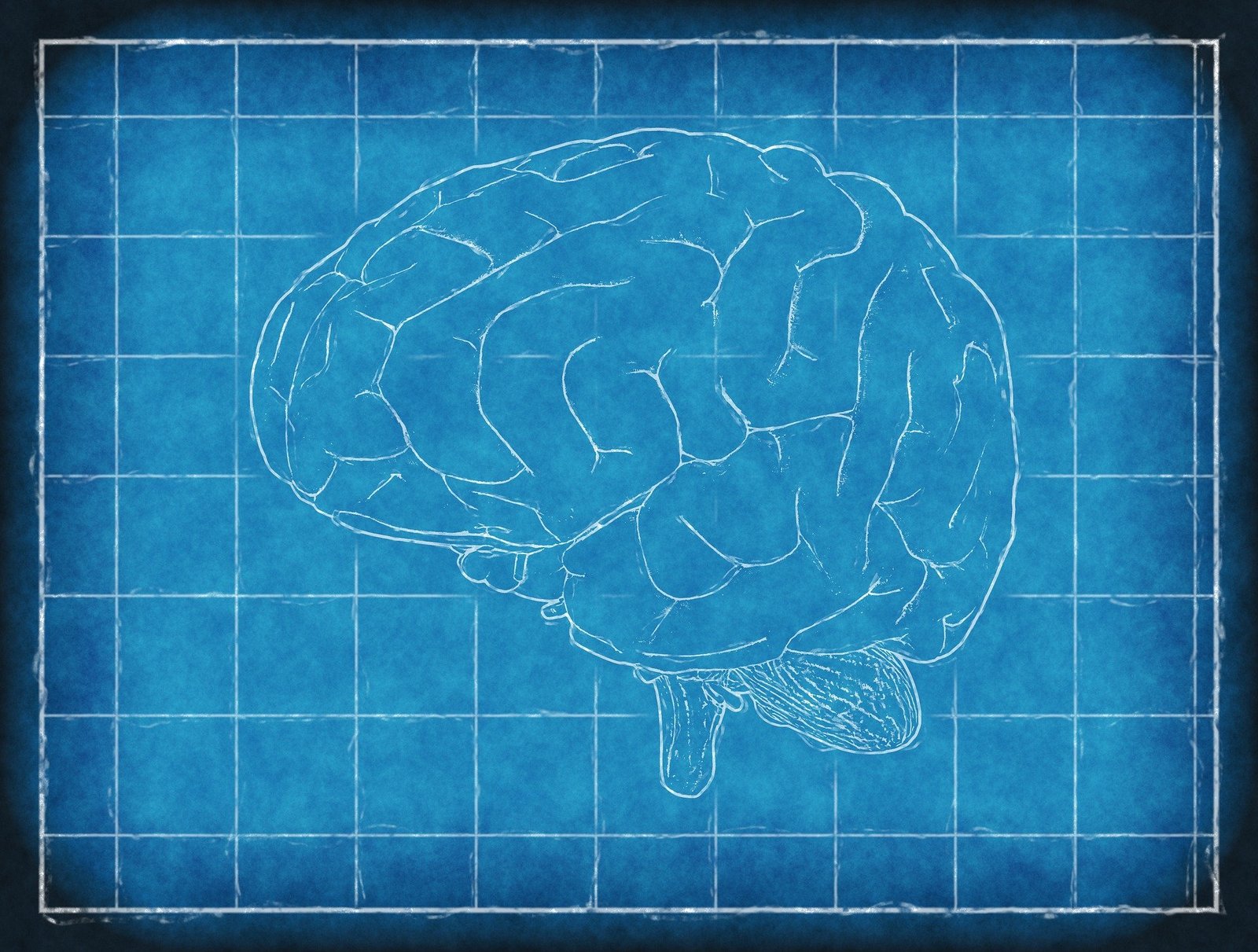Now that we’ve established some of the behaviors that lead to happiness, it’s time to observe our own behaviors. Do our behaviors lead us towards this, hypothetically, desired happiness? Are we sleeping well, according to our preferred rhythm? Are we making enough money, having satisfying relationships, and smiling often? Behaviors which do not produce more happiness should be labeled as a problem.
What about being more productive? Most of us, for one reason or another, want to be more efficient with our time and work. So, let’s say that we’ve decided to shift our focus away from happiness for a bit and instead focus on being more productive.
It turns out, happiness is conducive towards improved productivity. Focusing on improving your mood can help you achieve more. Alongside the previously mentioned behaviors (sleep, friends, money, pets), practicing gratefulness has been associated with an improved mood, which in turn can lead to improved productivity. That is, remembering, and experiencing, moments in your life for which you are grateful for could help you live a better life. Better sleep, as well as producing better happiness, also leads to improved cognitive performance. In fact, according to psychologists, the cognitive effects of being sleep deprived can be as bad as being drunk!
And, regular exercise not only contributes to a better mood but also a healthier, more productive, brain. Exercise has been shown to relieve depression, improve memory, and increase your sense of self-worth and esteem. Almost all of the things which exercise helps produce are conducive to being more productive. And, in a study out of Penn State focused on finding links between exercise and increased productivity, the researchers arrived at some striking results: They found that people who worked out in the month prior to testing, compared to people who did not, had better memories. Even more interesting, they uncovered that people who worked out on the morning of testing scored even better! Exercise is a powerful tool for a better, more productive, life.
Similar to how we did with happiness as a goal, we’ve now established some behaviors that are conducive towards productivity. Now, it’s time to analyze our own behaviors. Are you sleeping well? Are you exercising? Are you grateful for what you have? If not, consider these things a problem. Change these behaviors.
Lastly, what about being more creative? Artists aren’t the only ones who benefit from a creative mind. Creativity is defined as, “the ability to transcend traditional ideas, rules, patterns, relationships, or the like, and to create meaningful new ideas…” That is, whether you work in business, science, education, or almost any other area, you can benefit from a little bit more creativity. So, while using creativity as our hypothetical goal, how can we improve our creativity?
Happiness, once again, is on the road towards creativity. Research has shown that people who report being “stressed out” are less likely to come up with creative solutions to problems. They found this by lifting people’s mood, by giving them gifts for example, and then monitoring their performance on a few tasks which required problem-solving. Their conclusion was that an overly stressed mind restricts and distracts the mind from generating creative ideas in comparison to those who are in good moods. That is not to say that all stress is bad. Depending on how we frame our stress, it can actually help us perform. The problem, in relation to creativity, is when we experience too much stress or perceive it to be necessarily bad.
Other behaviors which are conducive towards creativity are going for walks, sleep management, and effective resting. Stanford researchers found that people are more creative while they are walking. Compared to people who were sitting, people who walked produced 60% more creative output. And, surprisingly, being sleep deprived has been shown to be associated with improved creativity. It’s hypothesized that sleep deprivation puts your mind in a similar state as when drunk, and facilitates a more “loose” mind. But, of course, too much sleep deprivation comes with its own set of drawbacks. Alongside sleep management, restorative rest has also been shown to help us be more creative. Rest, while not thinking about the things that cause you to stress, allows your mind to wander freely, which results in you often stumbling upon creative solutions and ideas. No rest leads to burnout, which leads to a diminished ability for creativity — as well as overall weaker productivity.
Again, now that we’ve identified the types of behaviors that can help us be more creative, we can start examining our own. So, do you want to be more creative? Are you resting well, managing your mood and sleep, and going for walks when possible? Look for other behaviors which may be better suited for your life and schedule and which will help you be more creative, adopt them.
Identify your problems by looking at your behaviors within the context of clearly defined goals. The goal is yours to decide on. Behaviors that aren’t helping you achieve your goals, whatever they are, should be labeled as problematic. Replace behaviors which are not helping you achieve your clearly defined goal. That is, solve your problems by identifying your goals first.
I hope by now, It’s becoming a little more clear as to why it’s important to identify goals before you go about trying to problem solve. But, in order to hammer in my point, I’ll end with a short anecdote.
For years, I’ve dedicated myself to work. Constantly, I would be thinking about work, my next move, the next level, whatever. Even while I was resting I was thinking about getting back to work. I would plan out my greatness, visualize myself as a high-status person, and take in all the imaginary clout and respect that came along with it. I wanted to achieve significance. I wanted to be someone. I put my head down, worked away, and I did manage to achieve some great things for my career and trajectory. Yet, I never felt satisfied.
After some soul searching, I realized that my desire for significance was, in fact, a desire to be loved. I wanted to be “high-status” not only for the sake of being respected and admired but for the sake of attracting someone that would actually consider me worthy of their attention and love. It was my low self-esteem, coupled with an unwillingness to confront my true goals, that led me down this path. See, if I had understood my goals from the onset I would be confronted with my true weaknesses, weaknesses which were too painful for me, at the time, to face. Instead, I convinced myself that my path towards a better life was through achieving greatness through my work. And because I didn’t understand my goal– to achieve love– I was unable to identify that my work habits were a problem.
Many people fail to identify their goals clearly and so they never get to find out what their true problems are. They work towards things that will never satisfy them but instead provide them with a temporary relief; eventually, it dissipates. In my race to become significant and successful through my work, nothing would’ve ever satisfied my true goals. And, sometimes reaching for one goal makes accomplishing others much more difficult, if not impossible. Which is why it’s so important to identify what you truly want.
Take, for example, chasing money. There are benefits to having money. Money can help you accomplish much. Families with more money have better health outcomes, their children go on to become better educated, their stress levels are lower and their relationships more stable. Money is a means to almost all ends. Yet, money as a goal unto itself comes with costs. A study on the psychological effects of exposing people to thoughts of money — known as money priming —revealed that even subconscious exposure to images of money made people more “selfish,” less willing to help others, more likely to cheat and steal, and more likely to opt to spend time alone! However, money-primed people were also more likely to attempt to problem-solve on their own before seeking help from others. Depending on what your goal is, a focus on money can either be a part of your solution or part of your problem.
A messy room is another example of something that has costs but can also provide benefits. Psychologists at Indiana University recently discovered that a clean and orderly house is predictive of better health in the future. A clean house was an even stronger predictor than a safe neighborhood for better future health. Cleanliness has also been found to improve mental health, lead to lower levels of stress hormones, and increase our ability to focus. However, messiness is not all bad. Messy rooms have also been found to be associated with, in numerous studies, with greater creativity. Some social scientists argue that this is because a messy room leads people “away from convention,” and to constantly have to find “new directions.” So, room orderliness has many benefits, but at the expense of some of your creativity.
Even happiness has a cost. Smiling will make you happier and more approachable. But, is that really what you want all the time? There is value in being alone. Being without the constant positive or negative feedback from others allows us to discover what it is we want, and who we are. Happiness creates all sorts of positive outcomes for us, like improved intuition and creativity, but there might be times when it’s better to experience whatever emotion your brain wants you to feel — sadness, anger, regret are all functional emotions which exist for a reason.
Often, we fail to accurately identify our primary goals, as I did when I chased work, and it ends up costing us. Working to be more productive is great! But, what are you being productive for? Being productive is a goal within another goal, a means to an end, and identifying it as your primary goal could lead to you having an “empty” existence, without meaning. So, ask yourself these things: What is my true goal? What is it that I really desire? What exactly am I working towards? To understand this is to understand yourself and the trajectory of your future, where your actions guide you, and the things you should change about yourself. That is, without knowing what your goals are, you can’t fully understand your problems, let alone how to fix them.Knowing this, I hope you will decide to use your new power for good. I hope that the goal you decide to chase is the one that will truly fulfill you, not one motivated by fear and hate and definitely not the one that will drive you deeper into whatever hole you may be in at the moment. I hope that you decide to create positive change, for yourself and for others, rather than to destroy and tear down. Good luck, fellow traveler.







